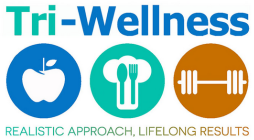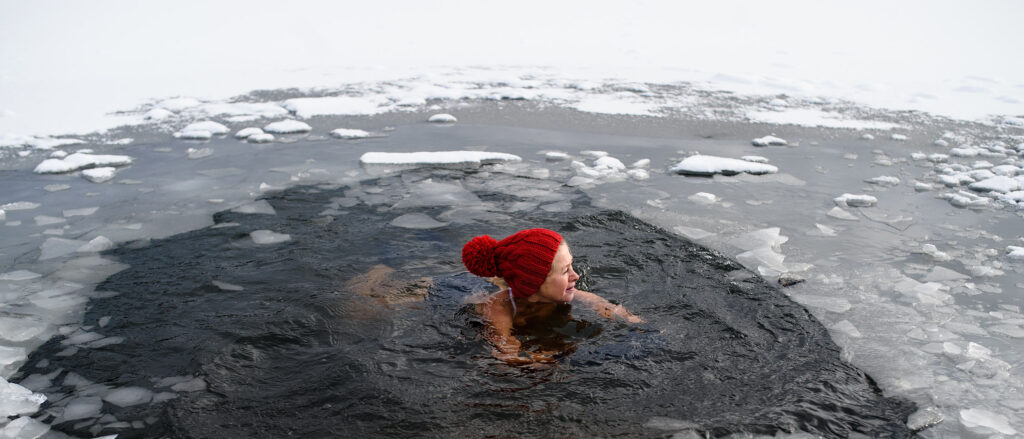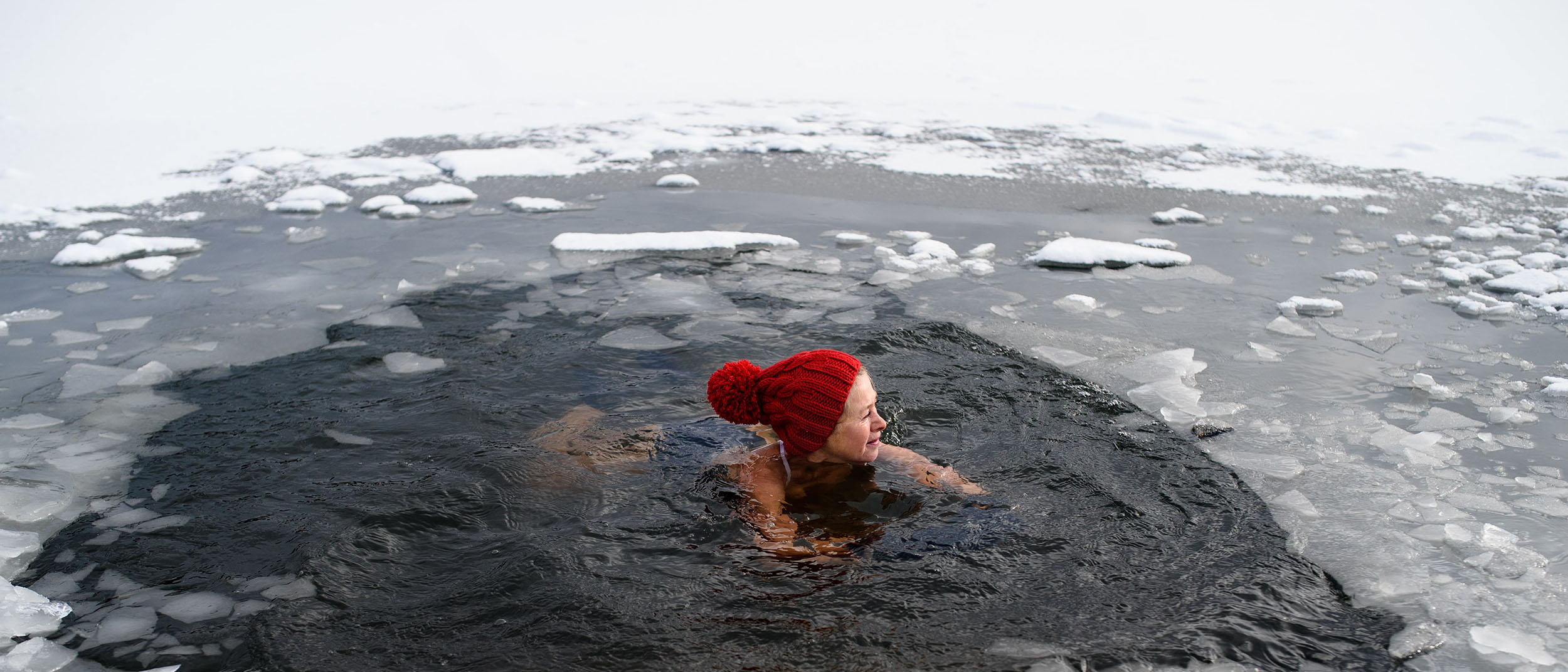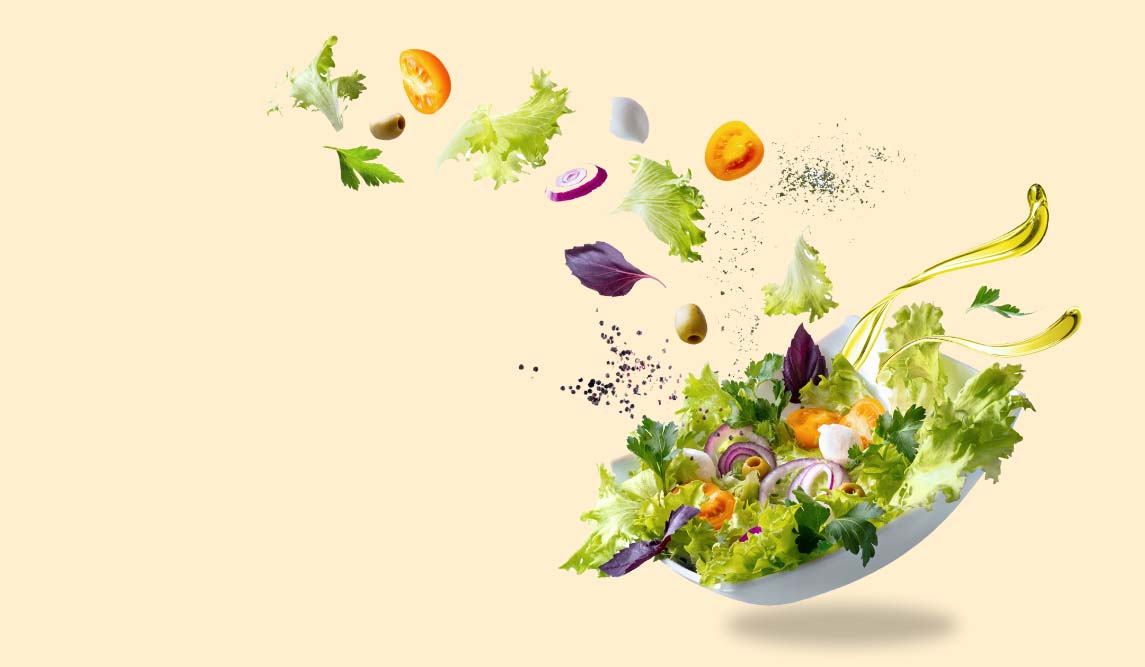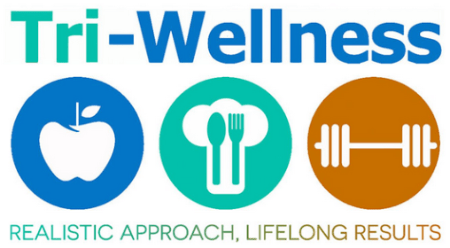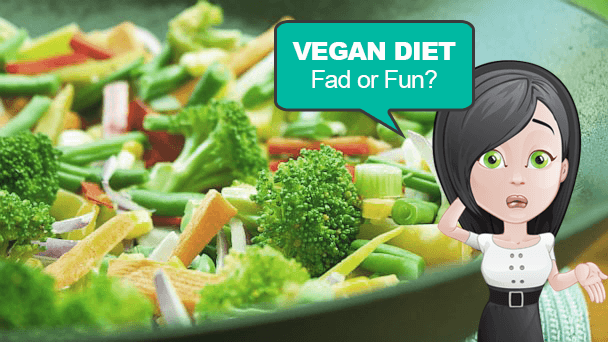
The Vegan Diet: Fad or Fun?
The vegan diet is not a new concept--the roots of veganism can be traced back to ancient Indian and eastern Mediterranean societies, and the term "vegan" was coined in 1944 by the Vegan Society. However, the idea of a completely animal-product free diet has become increasingly popular within the last couple of decades, whether from a weigh loss or animal cruelty prevention standpoint. Vegetarianism and the Paleo Diet, both less extreme versions of the same idea, are prominent as well. But are these diets really healthy?
A vegan diet is based around the idea that all animal products must be cut from one's diet. While meat, cheese, milk, and eggs are all obvious foods to avoid, items such as mayonnaise, gelatin, honey, and whey also make the list. A diet based on fruits and vegetables can be very helpful for different people, but the large diet restrictions may be hiding possible health problems.
The major problem with restricting all animal products from your diet is the lack of nutrients the restriction can cause. Animal products are the only source of many nutrients, such as vitamin B12 and DHA. Concern over a vitamin D and calcium deficiency, low iron levels, and a lack of protein sources is well founded too. Yet, with research and knowledge about your body, these deficiencies can be managed and prevented.
A lack of vitamin B12 can cause general weakness, nerve problems, constipation, depression, and unhealthy weight loss. However, B12 supplements are available, and nutritional yeast (which tastes cheesy and is a great cheese substitute) is also loaded with B12. Both of these are great options to cut the risk of a deficiency.
DHA, the most active form of Omega-3 fatty acids, is primarily found in animal proteins. The plant form of Omega-3s (ALA) is inefficiently converted to DHA in the body, so Omega-3 supplements are necessary if no animal protein is consumed. Omega-3 supplements are fairly accessible and easy to find, so this is not a huge deterrent.

Vegan diets often use dairy substitutes, of which more and more are fortified with vitamin D and calcium. Besides dairy substitutes, calcium can be found in certain vegetables, nuts, and fortified fruit juices (usually orange juice). Vitamin D can be obtained from time in the sun, as well as most fortified foods. If all else fails, vitamin D and calcium supplements can be found very easily.
Lastly, iron deficiency and lack of protein can be a cause for concern as a vegan. Beans, green leafy vegetables, and fortified dairy substitutes all provide adequate iron in a diet. If these foods are incorporated daily, there is minimal risk for iron deficiency. As for protein sources, there are many unexpected vegan-friendly foods that contain decent levels of protein. Legumes; nuts and nut butters; tempeh and tofu; hemp; chia seeds; and chickpeas all surprisingly contain protein! If all else fails, hemp protein powders are great in shakes and oatmeal.
As with any healthy eating program, it seems veganism can be beneficial if done correctly. While the vegan diet does not seem to cut foods based on their weigh loss merits, the absence of animal products generally leads to lower bad cholesterol levels, less bad fats consumed, and less sugar ingested. However, knowledge of how to eat healthily in the absence of animal products is necessary to prevent unhealthy consequences based on a restrictive diet. If you are interested in veganism, make sure you have done your research and understand the changes needed to maintain proper nutrition.
As a side note, many vegan diets rely on soy products for protein and as a dairy substitute. While soy has been a great source of contention in the nutrition community, it is worth noting that the American Cancer Society deems it fairly harmless (although the suggested daily intake is less than 25 grams of soy protein). If you are interested in a vegan lifestyle, it seems that soy inclusion can be up to your personal preference.
Sources:
"Exploring the Vegan Fad: Healthy or Hurting." The Collegian. Kansas State University.
"14 Best Vegan and Vegetarian Protein Sources." Health.com. http://www.health.com/health/gallery/0,,20718479,00.html
"5 Reasons Why Vegan Diets May Be a Bad Idea." RSS 20.
"How to Be a Vegan and Stay Healthy / Nutrition." FITDAY.<http://www.fitday.com/fitness-http://www.fitday.com/fitness-articles/nutrition/how-to-be-a-vegan-and-be-healthy.html
"A Brief History of Veganism." Time.

Lisa Shanken
My passion is to help you live your healthiest and most harmonious life, but in a way that’s realistic and practical for you as a unique individual on this planet. My philosophy is all about “balance,” never a diet since a diet is not sustainable for life, aka Kill The Diet.
